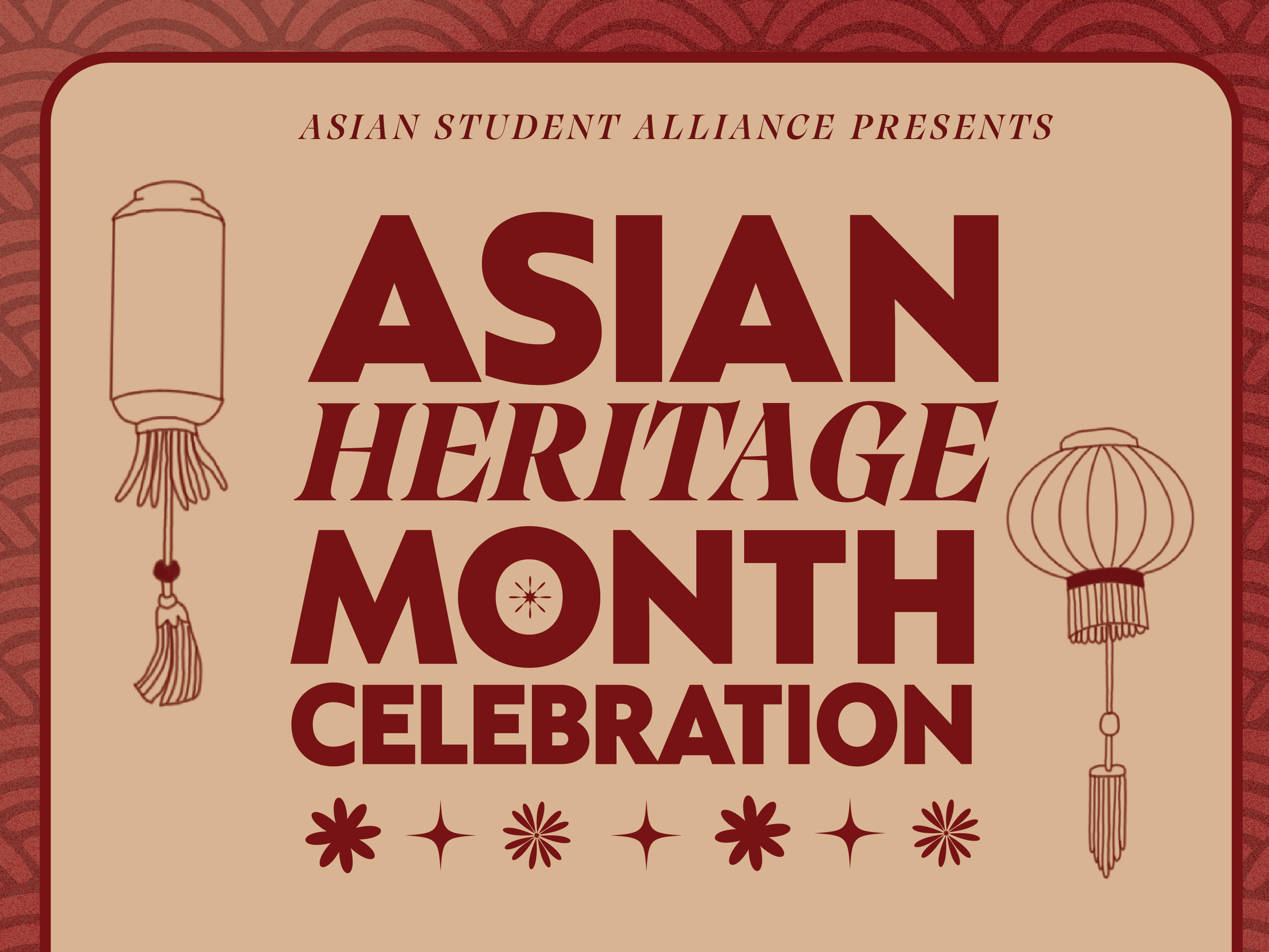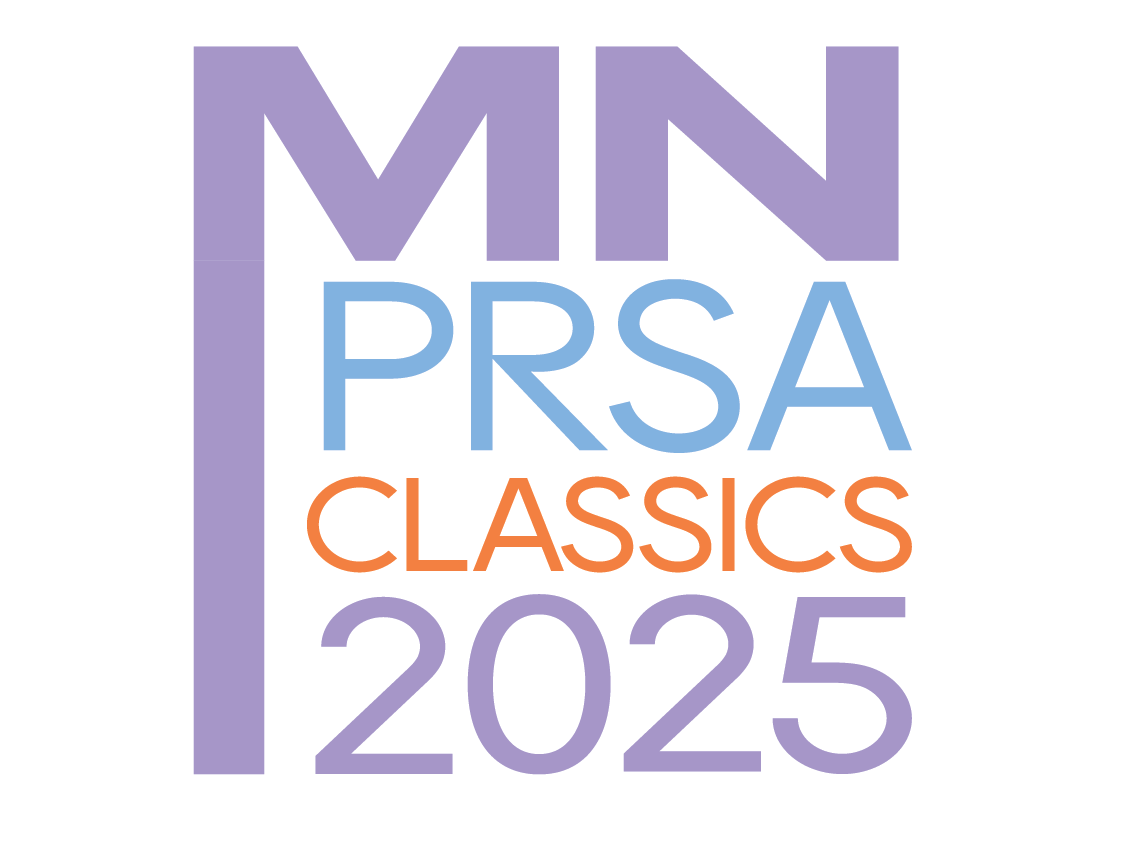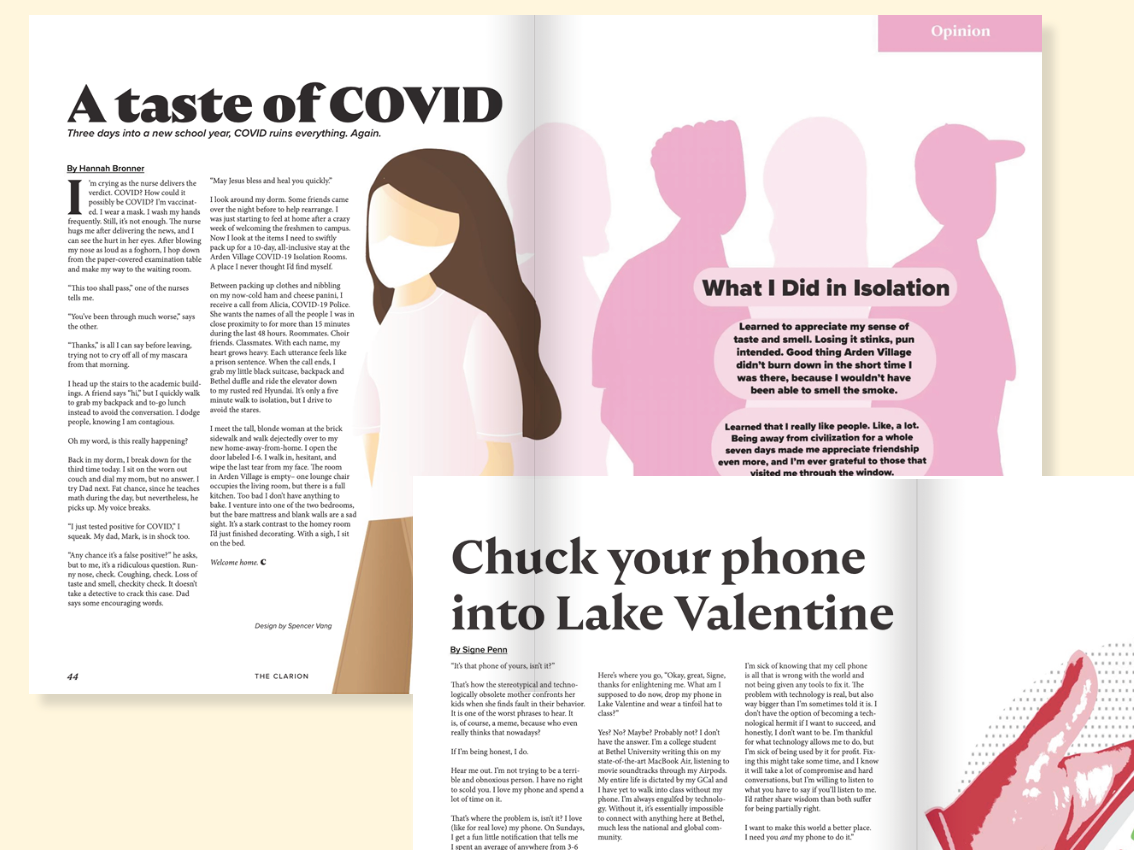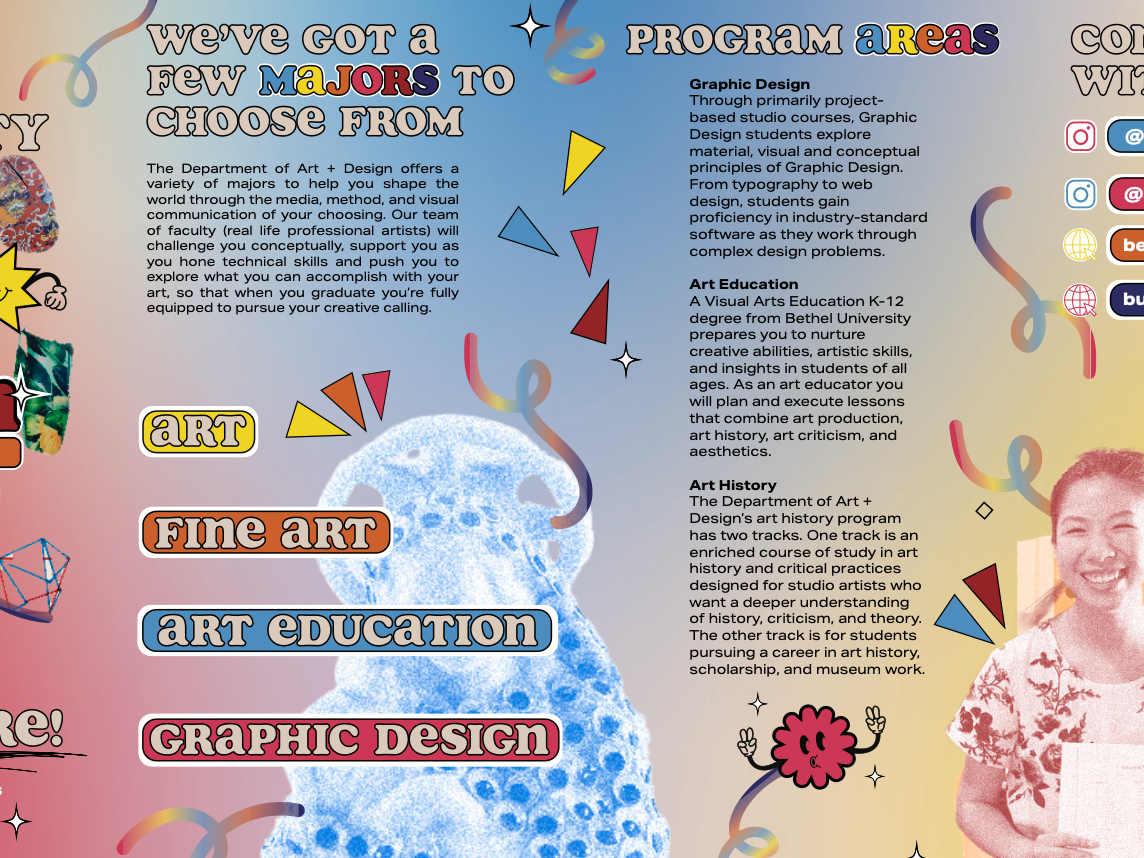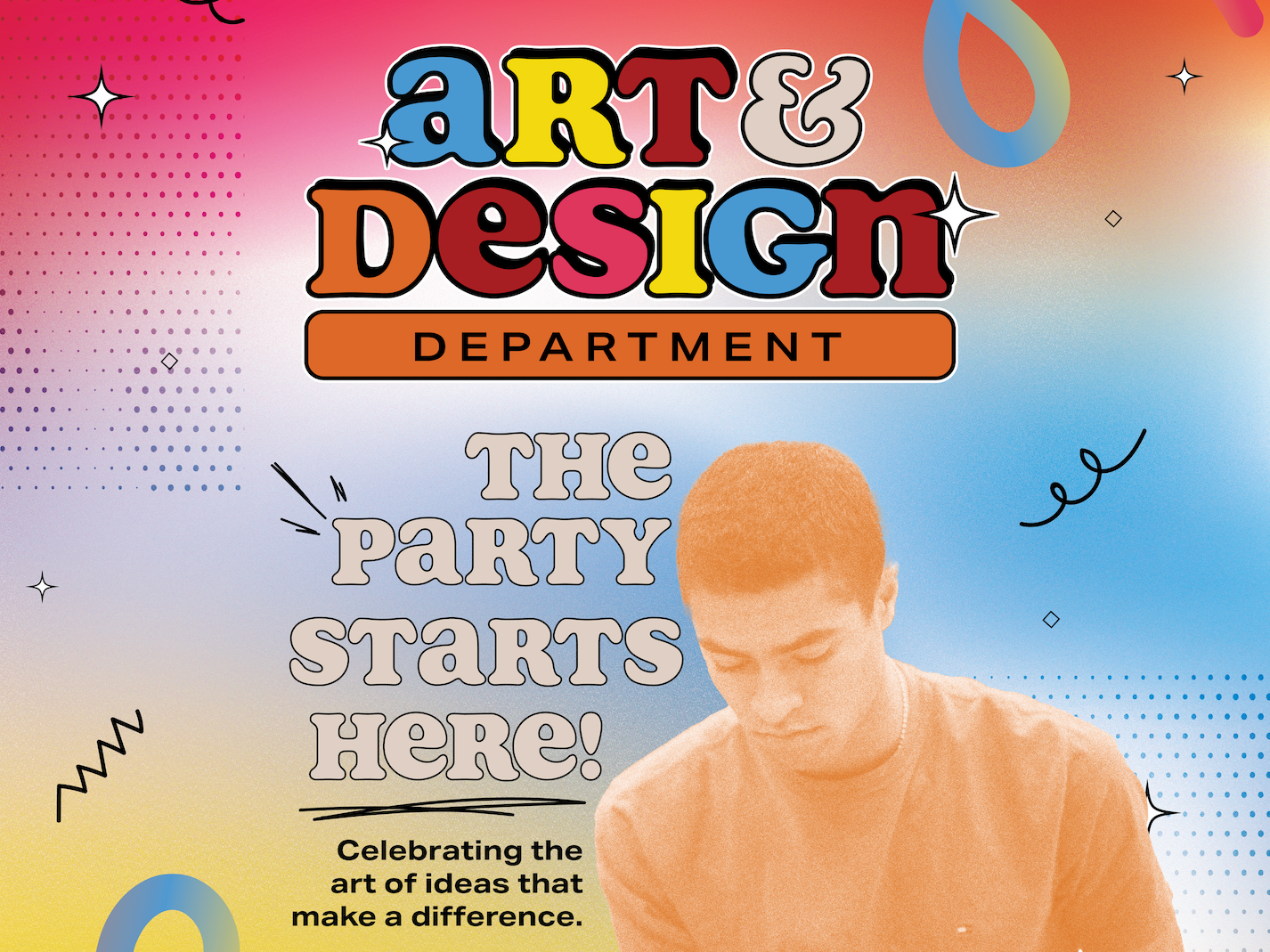RESEARCH
First-generation college students often encounter significant barriers that can hinder their academic and personal success. Unlike their peers who may have family members familiar with the college experience, first-gen students typically lack access to essential resources, guidance, and support systems. They face distinct challenges such as understanding and navigating the complexities of financial aid, adapting to rigorous academic expectations, and dealing with limited access to mentorship and professional networking opportunities. Many also experience feelings of isolation, cultural disconnect, and imposter syndrome, which can make it difficult to feel a sense of belonging on campus. These factors contribute to elevated levels of stress and anxiety, and often correlate with higher dropout rates among first-generation students. Addressing these challenges requires intentional support structures and inclusive programming that acknowledges and empowers their unique experiences.To better understand the struggles, needs, and experiences of college students, I gathered insights from both first-generation and non-first-generation students at Bethel. While both groups expressed common concerns such as time management, academic pressure, and stress, first-gen students uniquely highlighted challenges like limited family support, difficulties navigating financial aid, and restricted access to academic resources. Additionally, I explored how first-gen students at other institutions overcome these barriers, particularly through mentorship, resource accessibility, and campus integration. To support these findings, I also reviewed scholarly articles and research studies that provided data on retention rates and outlined specific challenges faced by first-generation students in higher education.
INITAL HYPOTHESIS
My initial hypothesis regarding this issue centered around a lack of awareness. Many first-generation college students are simply not informed about the range of campus resources available to them, such as academic support centers, mental health services, and financial assistance programs. Another contributing factor may be the absence of accessible and relatable mentor figures who can guide and inspire first-gen students through their college journey. Finally, a strong sense of community is essential. First-gen students often struggle with feelings of isolation and a lack of belonging, making it crucial for them to have support networks made up of peers or mentors who understand and share similar experiences.
PROBLEM STATEMENT
After conducting research, my final problem statement is: First-generation college students need greater academic, social, and mentorship support to navigate imposter syndrome, which often makes them doubt their place in college.
IDEATION
In my ideation phase, I focused on identifying the core challenges that first-generation college students face and explored opportunities for meaningful intervention. First-generation college students often face a unique combination of isolation and pressure as they navigate higher education without the same level of guidance or support that their peers may have. One significant challenge is the lack of a mentor-like figure at home to help them understand and prepare for the college application process, which can leave them feeling overwhelmed from the very beginning. In addition, many first-gen students struggle with financial literacy and are often unaware of the campus resources available to support their academic and personal well-being. These gaps in knowledge and support are compounded by widespread misconceptions about first-generation students, which can further marginalize their experiences. Creating spaces for open dialogue between first-generation and non-first-generation students can help break down these barriers, promote understanding, and foster a more inclusive and supportive campus environment for all.
I ultimately arrived at the conclusion that creating an app would be the most effective and accessible solution to address the needs I identified. An app provides a centralized, user-friendly platform that can house a range of support tools tailored specifically for first-generation college students.
INITIAL SKETCHES
BRAND GUIDELINES
Students can upload posts in the form of questions, vlogs, or Q&As to engage with the campus community.
The app features a mentor-mentee matching system that allows students to find mentors based on specific academic or personal needs, such as major, career goals, or unique life experiences, by using customizable filters to ensure meaningful and relevant connections.
Once a mentor accepts a mentee’s request, both will receive regular notifications with conversation prompts to encourage deeper engagement. Prompts are tailored to help both the mentor and mentee stay connected and foster meaningful discussions.


